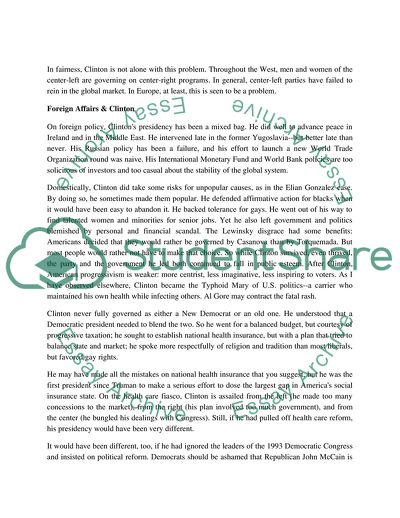Cite this document
(Economy and Clinton Case Study Example | Topics and Well Written Essays - 2100 words - 1, n.d.)
Economy and Clinton Case Study Example | Topics and Well Written Essays - 2100 words - 1. Retrieved from https://studentshare.org/macro-microeconomics/1712654-leadership-analysis
Economy and Clinton Case Study Example | Topics and Well Written Essays - 2100 words - 1. Retrieved from https://studentshare.org/macro-microeconomics/1712654-leadership-analysis
(Economy and Clinton Case Study Example | Topics and Well Written Essays - 2100 Words - 1)
Economy and Clinton Case Study Example | Topics and Well Written Essays - 2100 Words - 1. https://studentshare.org/macro-microeconomics/1712654-leadership-analysis.
Economy and Clinton Case Study Example | Topics and Well Written Essays - 2100 Words - 1. https://studentshare.org/macro-microeconomics/1712654-leadership-analysis.
“Economy and Clinton Case Study Example | Topics and Well Written Essays - 2100 Words - 1”, n.d. https://studentshare.org/macro-microeconomics/1712654-leadership-analysis.


